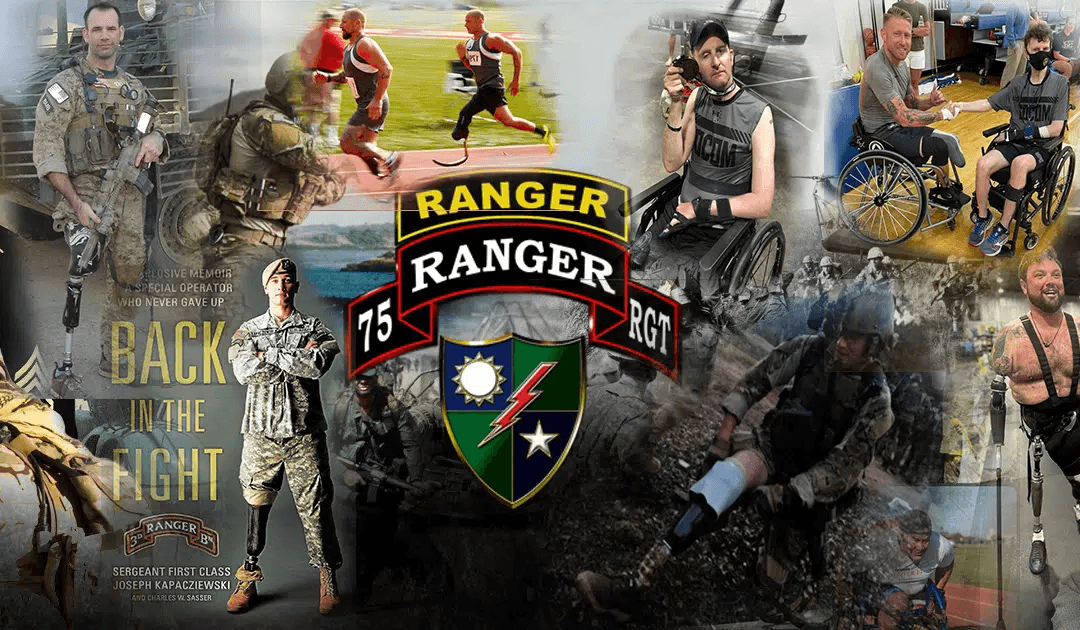Commentary
In January of 2023, the 75th Ranger Regiment lost a giant among legends, Joe Kapacziewski. Joe was the first ranger to return to combat after having his leg amputated. He deployed on multiple occasions with the 75th Ranger Regiment and U.S. Special Operations Command (USSOCOM). Besides his multiple combat deployments post-amputation, Joe was also a para-athlete, representing the Ranger Regiment and USSOCOM at the Warrior Games and competing nationally in different endurance events. To say that Joe was the “poster boy” for ranger resilience and toughness would be an understatement.

